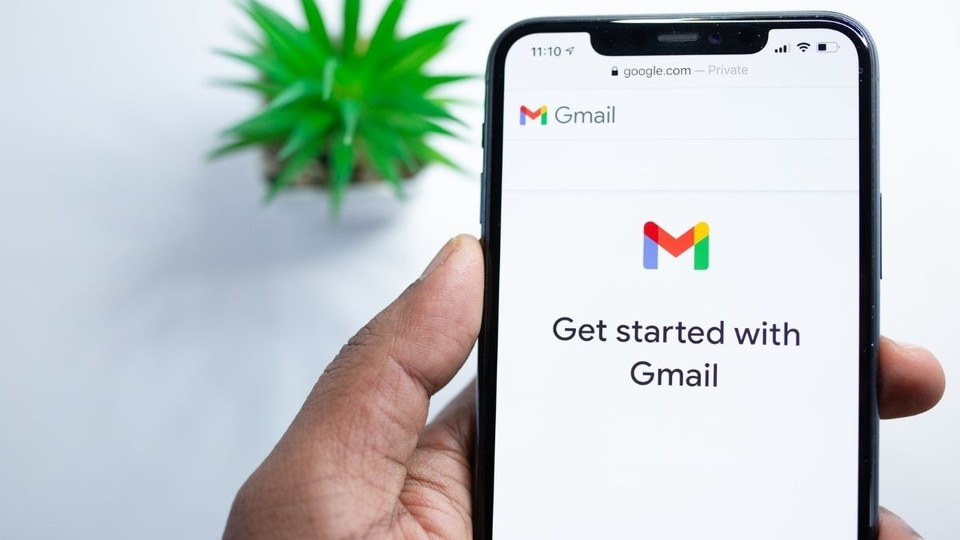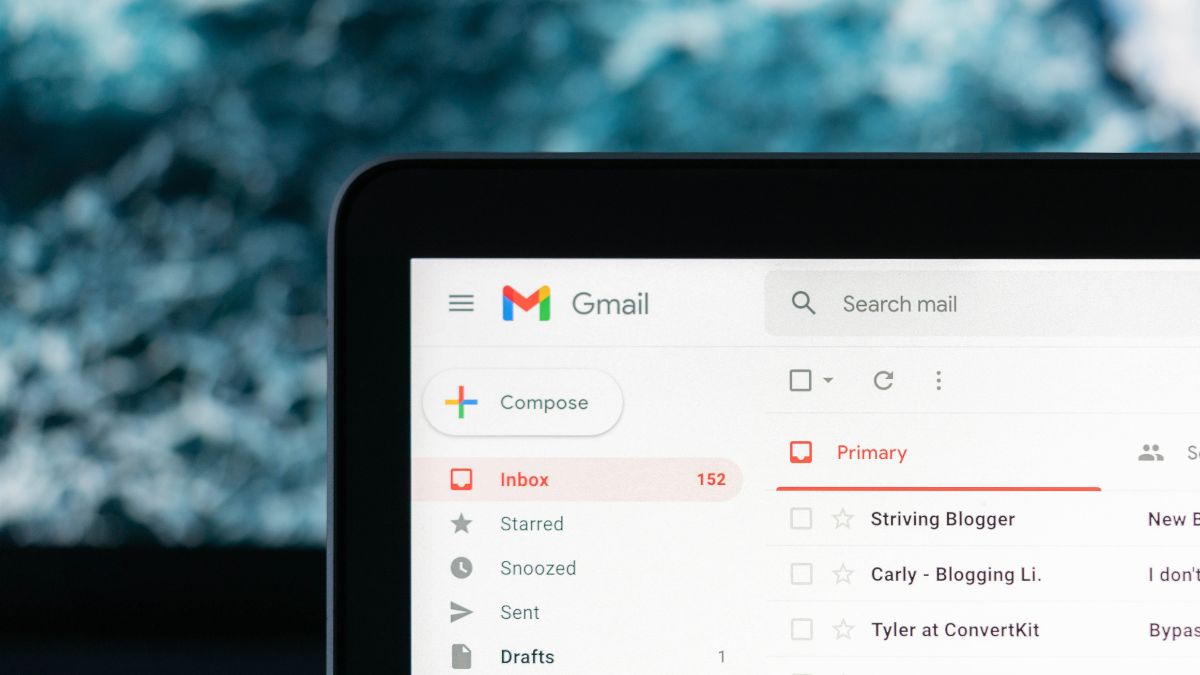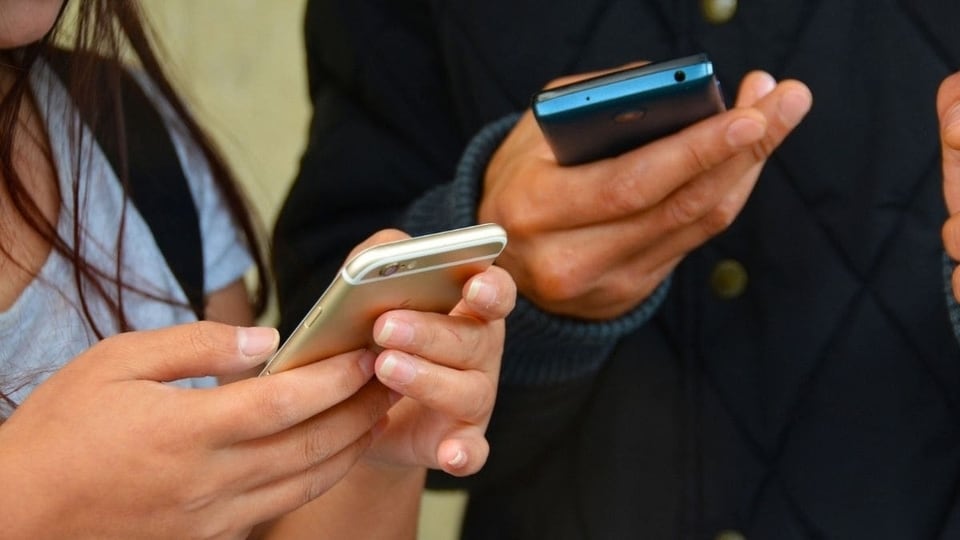Study suggests teenagers who trust internet information find it less stressful
Teens' trust in the news they read on social media - or lack thereof - may be critical in determining whether it contributes to or detracts from their well-being, according to a Cornell-led psychology study.






 View all Images
View all ImagesTeens' trust in the news they read on social media - or lack thereof - may be critical in determining whether it contributes to or detracts from their well-being, according to a Cornell-led psychology study.
Researchers found that those who trusted the COVID-19 information they saw on Facebook, Twitter, and TikTok were more likely to feel empowered, while those who were less trusting were more likely to find it stressful.
The findings highlight the need for news literacy programs to help young people discern fact-based, trustworthy sources from misinformation and conspiracy theories, and support a more nuanced understanding of how social media use impacts well-being and mental health.
"It's not just the sheer volume of social media use that's going to have this positive or negative effect," said Adam Hoffman, assistant professor in the Department of Psychology and College of Human Ecology, adding, "It's how you engage with social media news that will be more influential in determining how it impacts you."
Hoffman is the lead author of "The Importance of Trust in the Relation Between Covid-19 Information from Social Media and Well-being Among Adolescents and Young Adults," published March 23 in PLOS ONE. Nine co-authors are based at North Carolina State University, the University of Virginia, South Carolina-based nonprofit EdVenture, and in the U.K., the University of Exeter and the University of Cambridge.
Prior research on social media's impact on well-being and mental health is somewhat muddled, the scholars said, finding both good and bad influences. For example, some studies have shown it can foster social connection and self-expression, others that it facilitates bullying and feelings of inferiority.
As the pandemic took hold in early 2020, daily exposure to negative headlines on social media helped popularize the terms "doomscrolling" and, among those trying to escape stressful media, "news avoidance." The virus that causes COVID-19 also became the subject of rampant misinformation, labeled an "infodemic" by the World Health Organisation.
In that environment, the research team asked 168 students enrolled in a science, technology, engineering and math after-school program about their engagement with COVID-19 news on Facebook, Twitter and TikTok - the most popular platforms for sharing news, each also criticized for spreading misinformation. The ethnically and racially diverse participants, who ranged from 14 to 23 years old and averaged age 17, were asked how often they were exposed to COVID-19 information, how much they trusted it and about their well-being, measured in three ways: emotional, psychological and social.
Unexpectedly, encountering Covid-19 news an average of a few times a week either had no effect on well-being or was seen as slightly positive. The researchers speculated that exposure to pandemic news might have made teens feel more informed about the virus and world events, even if it was difficult or depressing.
Trust in the news, however, emerged as a "driving factor" in the relationship: Higher levels of trust were linked to a more positive sense of social well-being - feeling informed and connected, part of a community - and lower levels in some cases the opposite.
Though trust may be good for well-being, "blind" trust in social media news also has a potential downside, with one study finding it increased acceptance of Covid-19 myths and conspiracies. That's why the researchers encourage schools and universities to actively train students in the critical thinking and analytical skills needed to identify accurate information, especially on social media.
"It's not just that we need to trust, but that we need to trust credible sources of news that are factually based and have been vetted," Hoffman said. “That's how youth can be informed and have a positive sense of well-being and sense of self, and that's the best of both worlds.”
Catch all the Latest Tech News, Mobile News, Laptop News, Gaming news, Wearables News , How To News, also keep up with us on Whatsapp channel,Twitter, Facebook, Google News, and Instagram. For our latest videos, subscribe to our YouTube channel.

























